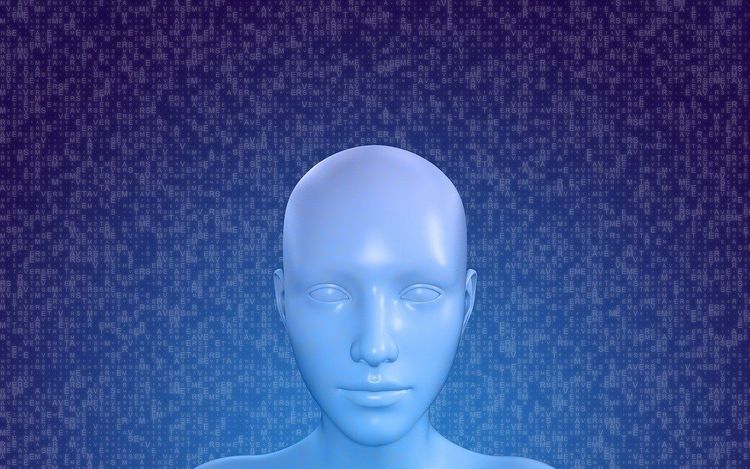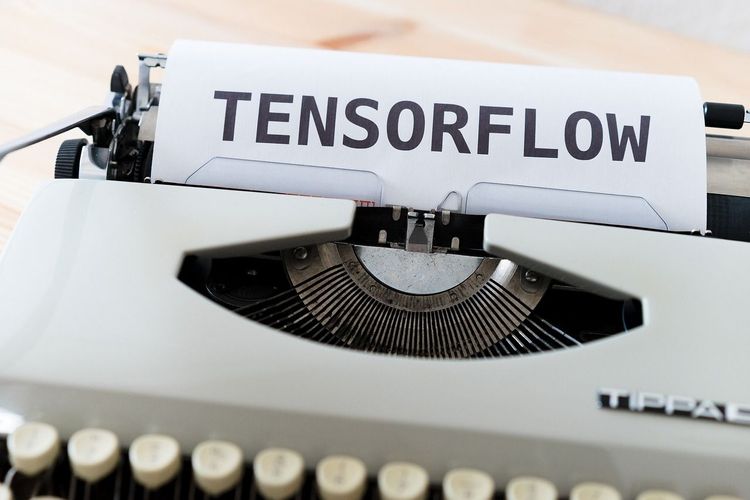Artificial intelligence is captivating the technology industry, and it's no wonder that Microsoft, deeply invested in AI, is broadening its initiative within this arena. On Wednesday, the company announced a partnership with layer-1 blockchain Aptos Labs to advance developments in AI and web3.
“Our main goal is to tackle the challenges facing our industries,” said Mo Shaikh, co-founder and CEO of Aptos Labs.
This collaboration enables Microsoft's AI models to leverage Aptos' verified blockchain data, as Shaikh detailed. In addition, Aptos plans to operate validator nodes on Microsoft’s Azure cloud, enhancing both reliability and security for its services.
Microsoft has its sights set on the future. “We anticipate that AI will increasingly be integrated into web3 solutions over the coming months and years,” stated Daniel An, Microsoft's global director of business development for AI and web3, in an email.
The impact of AI on society is undeniable. “These tools can significantly enhance our daily efficiency,” Shaikh remarked. “Whether it’s curating the best restaurants nearby or assisting in coding and research tasks.”
To fulfill the ambitious vision of technologists, An emphasizes the necessity for transparency, trust, and verification in AI-generated content. “How can we ensure that the outputs from large language models are authentic and trustworthy? What guarantees exist that training data isn’t biased?” Blockchain solutions can provide the necessary verification, time-stamping, and attribution, thereby fostering credibility in a decentralized digital economy.
An likens large language models to hyper-efficient content creators and identifies blockchains as benchmarks for transparency and trust. Establishing user confidence in AI technology is vital; “The transparency and permanence of blockchain can bolster trust in AI-generated content, allowing users to feel assured in their decisions.”
For AI to progress responsibly, web3 could be instrumental in establishing that much-needed credibility, according to Shaikh. “Everything recorded on-chain is verified, which can enhance the quality of the information utilized to train these models.”
Microsoft seeks credible data to train its models effectively, and Aptos is a key player in this pursuit. “You need a high-performance blockchain with exceptional throughput for this endeavor,” Shaikh stated.
Aptos boasts a blockchain capable of processing up to 160,000 transactions per second, with ambitions to scale to hundreds of thousands. Furthermore, it ranks among the fastest blockchain networks alongside Avalanche, featuring a time-to-finality of under one second, as per research from Messari.
Aptos’ swift throughput, rapid settlement times, and nominal usage costs make it appealing to major tech firms eager to develop AI-driven products and services, such as Microsoft.
AI Meets Web3: A Converging Future
As established tech companies leverage web3 technology to dive deeper into AI, this trend could facilitate their venture into the blockchain landscape. However, a significant barrier to onboarding more developers in web3 is the complexity of writing secure smart contracts, which can often be counterintuitive, according to An.
“It’s quite challenging to develop a smart contract or application today,” Shaikh noted. However, tools like GitHub Copilot, which aids in blockchain-based contract development, along with Aptos Assistant—an AI chatbot designed to connect Web 2.0 and web3—could empower non-web3-native firms to access smart contracts and decentralized technology seamlessly.
“For many, it’s a process of trial and error, which creates opportunities for malicious actors to exploit poorly secured smart contracts, especially in DeFi,” he explained. “AI can enhance the developer experience and ultimately improve the end product. Additionally, AI could analyze on-chain data to identify emerging trends and detect potential security vulnerabilities.”
Typically, developers embarking on a web3 application must sift through smart contract reference materials, a time-consuming process that can extend over several days, before crafting the necessary contracts. “The experience can be clunky,” Shaikh said. “With GitHub Copilot and Aptos’ chatbot, developers can quickly access smart contract references in a conversational manner.”
For example, developers could query “most popular NFT smart contracts” or “audited projects” with Aptos’ chatbot to quickly identify relevant smart contracts. “This not only saves time but also provides developers with added confidence in selecting the right products to build.”
The Inevitable Fusion of AI and Crypto
Despite the ongoing bear market, Shaikh remains optimistic about the long-term potential of cryptocurrencies. “Innovators are still building, and major enterprises are entering the space, allowing us to focus on genuine long-term benefits.”
In previous market cycles, web3 developers targeted smaller audiences, but now there’s significant interest from some of the largest global companies, including Microsoft. “This is a critical trend to note,” Shaikh indicated.
Looking Ahead
The integration of web3 and AI could transcend present financial applications within crypto, paving the way for automation across other sectors. Currently, Microsoft and Aptos are collaborating on a “Financial Services solution” designed to facilitate asset tokenization, payment processes, and central bank digital currencies, among other services.
While web3 is still in its early adoption stage, it is undergoing a maturation process fueled by experimentation and innovation. “Many of our enterprise clients in financial services are exploring how blockchain technologies can fulfill institutional and corporate requirements for asset tokenization and digital assets,” An concluded.







